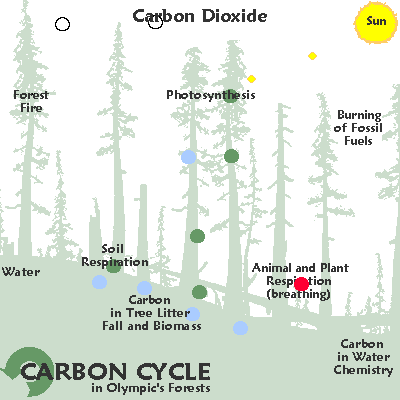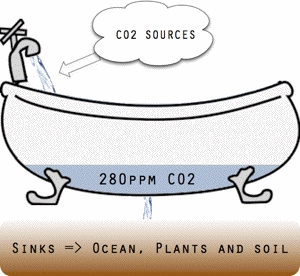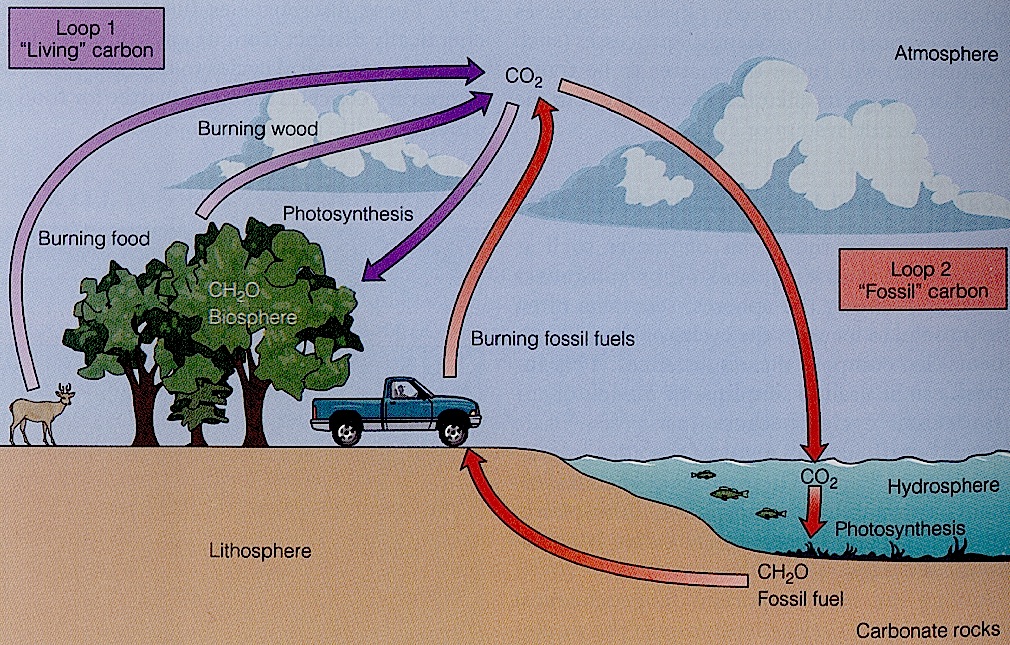 Carbon Trading: A Critical
Conversation
Carbon Trading: A Critical
Conversation
Larry Lohmann, Carbon Trading: A Critical conversation on climate change, privatisation and power. Uppsala, Sweden: Development Dialogues, 2006.
the "Durban Group on Climate Justice" 10 - 2004
What | How | Graphic | Sources
"contribute to a broader understanding of the problem and a deeper engagement in one of the more important issues of our time."
p. 3.
"The climatic stability that humans have grown used to over the last few centuries may be ending sooner than we think. The results are likely to include intensified droughts and floods, changed weather patterns, agricultural breakdown, ecosystem disruption, rising sea levels, epidemics, and social breakdowns that ultimately threaten the lives and livelihoods of hundreds of millions of people.
p. 5.
"climate change is closely tied to the burning of coal, oil and gas. Fossil carbon is being taken out of the ground, run through combustion chambers, and transferred to a more active and rapidly circulating carbon pool in the air, oceans, vegetation, and soil."
"...trapping more of the sun's heat, warming the earth and destabilising the climate."
"90 percent has come from the North" industrialized nations Europeans, Australians, U.S.A. and Asia
p. 5
"Today, the world combusts 400 years worth of accumulated, compressed biological matter (fossil fuels) every year, three to four times more than in 1950."
"This carbon will not be able to lock itself safely up underground again as coal, oil, or gas for many, many millennia."
p. 5.
What | How | Graphic | Budget | Sources
How much?
from 500 to 750 billion tons of carbon dioxide in the atmosphere.
not "fast enough to keep it from accumulating in the atmosphere."
p. 6.
7 billion tons (or more) per annum transfer of carbon from fossil forms to the above ground carbon pools
p. 7.
"So the above-ground carbon pool in the oceans, vegetation and soil is like a bathtub with the drain plugged. As long as the tap stays on, the water just keeps overflowing?"
"Yes. Or to make what might be a slightly better comparison, you might look at the earth's above-ground carbon-cycling capacity, minus the atmosphere's, as a dumping ground that has the ability tor recycle a certain amount of waste that is put into it, but no more."
p. 7.
368 billion tons of C, or carbon released
208 billion tons – C, or carbon absorbed
160 billion tons – C, or carbon remaining
p. 7.
What | How | Sources

"The current rate of accumulation in the atmospheres is over 1.6 extra billion tons of carbon every year."
p. 8.
"to stabilise atmospheric concentrations at a level less than double that of preindustrial times, greenhouse gas emissions would have to be reduced by 60-80 percent."
p. 8.
biologist Tim Flannery:
"there is so much carbon buried in the world's coal seams [alone] that, should it find its way back to the surface, it would make the planet hostile to life as we know it."[1]
p. 9.
"For some bird species or coral species it is already too late."
"At this stage there they are bound to get worse before they get better, no matter what policies are adopted now."
p. 13.
"There will always be uncertainty about the details and the timing. But what is certain is that the world is on course for severe shocks, that these will become more severe the more fossil carbon is transferred to the atmosphere, that they will threaten many millions of people...."
"First, nobody has any idea how to calculate or estimate with any confidence the extent and effects of climate change."[2]




